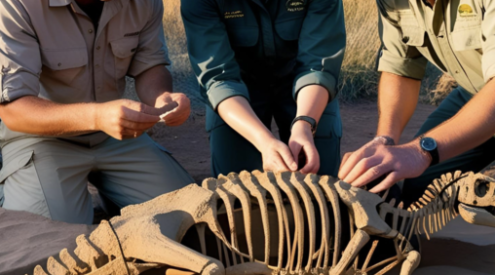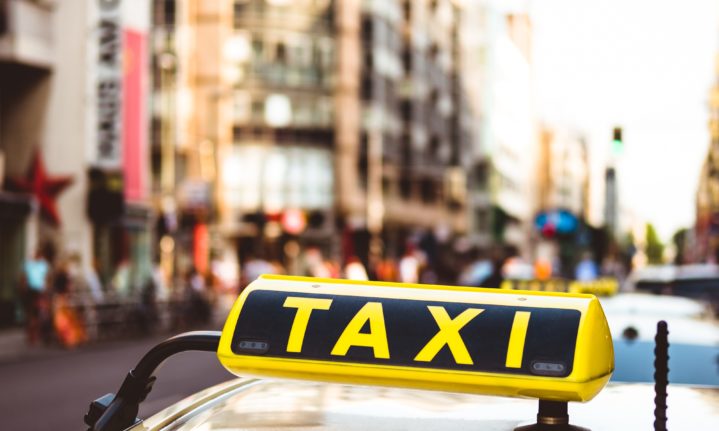When you book a flight to go overseas and the day finally arrives for you to leave, your mind is bound to be racing as you go through your mental checklist: you have your passport, cell phone, wallet, jacket, bags, and neck pillow – great. But are you sure you have everything?
When you’re visiting a country for the first time, another thing that should be on your checklist is to do some research into the etiquette, laws, weather and other particulars about the place. Here are nine things you should research before your next adventure.
1. The visa requirements
It may seem obvious, but researching the country’s visa requirements should be the first thing you do. Travelling on the Green Mamba or Biltong Book, a.k.a South Africa’s passport, means you can’t get very far for very long without needing a visa. Visa application processes for most countries can be lengthy. Create a checklist of everything you will require and prepare your documents well ahead of time. Make extra copies of everything just in case. The approval process often takes weeks, so ensure you apply well before your departure date.
If you’re looking for somewhere you can travel without a visa as a South African, here’s a list of countries South Africans can travel to visa-free.

2. The exchange rate
It’s no secret that travelling abroad on the Rand is heavy on the wallet. Planning a trip a few months in advance could mean you won’t need to penny pinch when you’re on holiday. Keeping your eye on exchange rate fluctuations will help you decide when to purchase foreign currency at the best price. Always check the rates of different currency exchangers before purchasing, it may well help you to get the best for your Rand.
3. Laws, customs and social faux pas
Obviously, it’s unlikely you’ll know every single law in the book, but simple things that we do unconsciously here, such as gestures, may be illegal or extremely offensive in another country. Jaywalking, chewing bubble gum, pointing with your feet and smoking in public are some of the things that you may be illegal or socially unacceptable in other countries.
Avoid a run-in with the law or offending residents by researching what not to do as a tourist in the country you are visiting. For laws in different countries that you should know about, read here.
4. How to tip
Not every country’s tipping protocol is the same. In some countries, tipping isn’t a requirement and it can even be offensive. In others, the tip is added to the bill for you. Doing some research beforehand on how to tip in the country you’re visiting will save you from possible awkward experiences and it might even save you some cash.
If you are visiting a country where tipping is a requirement, ensure you know exactly where tips are expected, such as restaurants, hotels, hair salons, taxis and so on, to avoid being that oblivious tourist.

5. The weather
Check the weather forecast before you book your trip as well as just before you set off to get a feel for the weather patterns and what to pack. The northern hemisphere has opposite seasons to that of the southern hemisphere, but unseasonal weather patterns are not uncommon. Visiting a tropical island doesn’t always mean clear skies and warm weather either.
6. Basic phrases in the country’s language
You cannot assume that everyone overseas speaks English, so learning a few basic words in the language of the country you’re visiting can go a long way. Learning to ask ‘do you speak English?’ may be the most useful phrase to learn. And don’t forget ‘please’, ‘thank you’, ‘goodbye’, as well as how to order your favourite coffee, ask where the bathroom is or ask your driver to please take you to the airport.
Be proactive. Non-English speakers generally appreciate the effort you’ve taken to learn the language, even if you only know a little, and will be more willing to help you.
7. How to get around
Exploring a new city by foot is definitely the way to go, but it can also be impractical. Whether you choose to use taxis, subways, trams, or buses, be sure to research the most affordable and efficient modes of transport. If you are visiting more than one city and need to move around, check the price comparison between flying, ferrying or taking a train. Finding out whether you need to pre-book your transportation tickets is also a good idea. There’s nothing worse than incurring a cost that could have been avoided if you’d only pre-booked.

8. Appropriate clothing
When you are travelling to a new country, as well as keeping with the law, make sure you keep with the dress-code. Different countries and the places within them have different rules and ideas of what’s appropriate to wear and you need to respect that. Buddhist temples in Thailand, for example, require that women cover up their legs and shoulders, however you can wear whatever you please in the cities. Researching appropriate clothing and outfits will help you to have a smooth travel experience.
9. Hand gestures
When posing for a photo in front of a historic statue, throwing out a peace sign might seem like a good idea to some, however, what may be a harmless hand sign to you may be an obscene gesture to someone else.
Ordering two of something from a restaurant of coffee shop? It may not be a good idea to show the number with your fingers either when abroad. Giving the thumbs up is certainly not ‘okay’, but rather very rude, in parts of Italy, Greece and the Middle East. A-okay? Rather say so than signal so. In Turkey, Brazil and Venezuela, it is an extremely offensive hand sign and in France means ‘worthless’ or ‘zero’. Again, do your research before you throw out an enthusiastic gesture that could just get you in hot water.
Image source: Pixabay




















